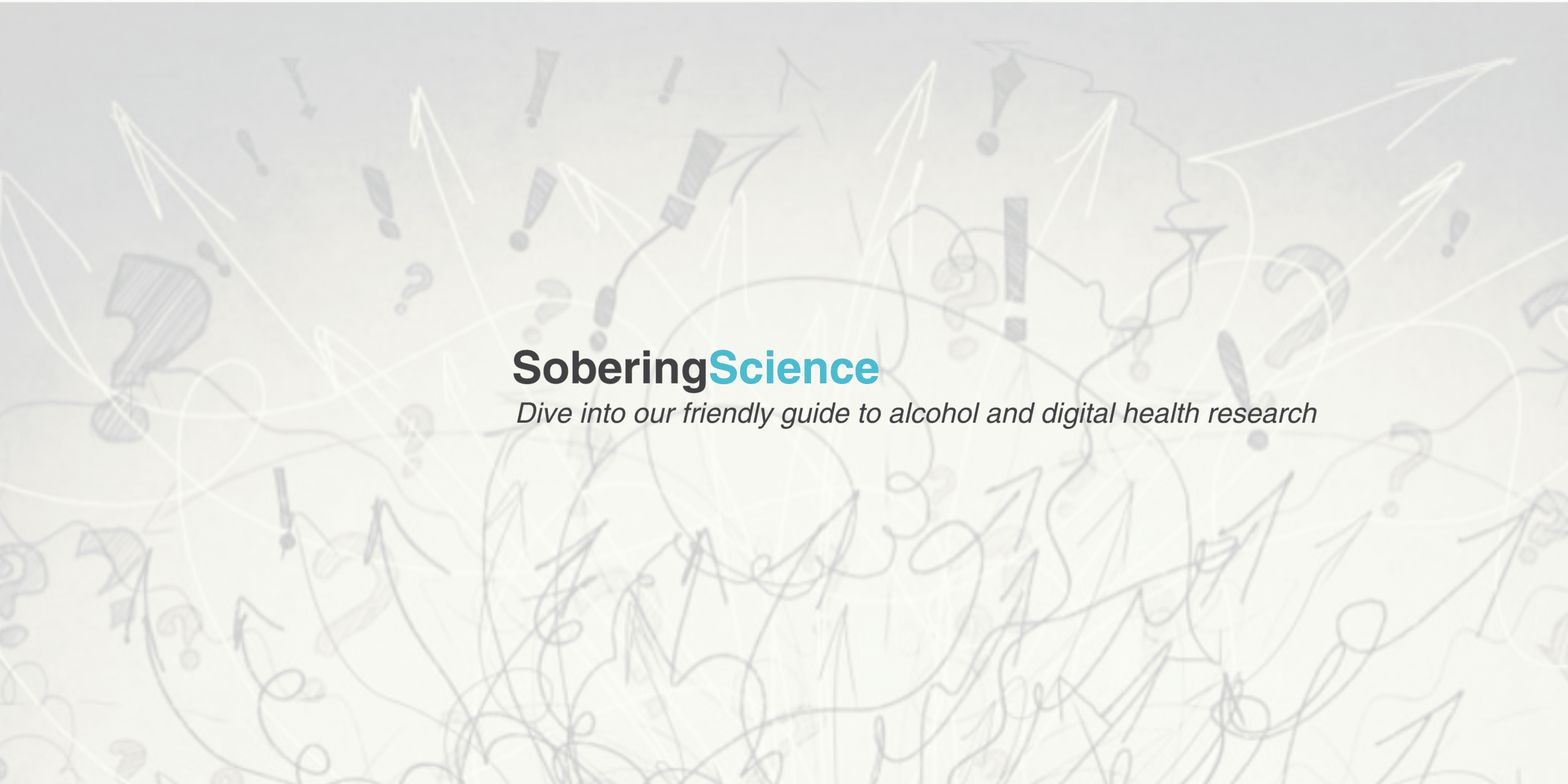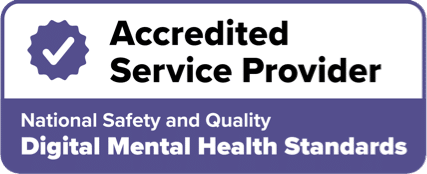
Sobering Science: Can a computer replace a psychologist?
There’s decades of research that shows cognitive behavioural therapy (CBT) is highly effective in helping people change their relationship with alcohol, but accessing traditional in-person help when you want to change your relationship with alcohol is tricky these days. There’s long waiting lists and only about 1 in 6 people who want alcohol treatment receives it.
The treatment system can be hard to navigate. Many people don’t know where to go or how to find the right person. The support offered also varies depending on where you live.
To plug these gaps, researchers developed digital CBT for alcohol, and compared it to face to face CBT with a health professional.
What was the program?
The CBT program, specifically for alcohol, included ways to improve coping skills, and manage unhelpful thoughts and actions, through interactive exercises and instruction. People were asked to complete one module per week for 8 weeks.
How did they test it?
Ninety-nine people who wanted treatment for their drinking were divided into three groups: (1) alcohol treatment from an alcohol and other drug service in the community, (2) face-to-face CBT from a clinician, or (3) a digital CBT program coupled with a 10-minute weekly check-in from a clinician.
Their drinking was monitored every week for 8 weeks, and then 1, 3, and 6 months after treatment finished.
What were the results?
The main outcome the researchers looked at was the change in the percentage of days that people didn’t drink alcohol.
They found that while all groups increased the percentage of non-drinking days over time, the digital CBT group had more days of not drinking compared to the other two groups. People in the face to face CBT group didn’t drink 65% of the time at the 6-month mark, while the digital CBT group didn’t drink 86% of the time.
People in the digital CBT group also had better coping skills and better knowledge of the CBT techniques that worked for them.
Similar numbers of people across the three groups participated actively in the programs and also finished them. This means that digital CBT is just as engaging and feasible as traditional treatment methods.
Why is this important?
CBT is recognised as a first-line treatment for alcohol problems.
This study shows that digital CBT works well for people who want to change their relationship with alcohol, for some even better than face to face therapy!
Unlike traditional therapy, digital CBT offers consistency and can be accessed from virtually anywhere, removing common barriers such as cost, availability, and feelings of embarrassment or social stigma that people often experience when seeking in-person treatment.
If you want to try digital CBT for yourself, we have just launched our new digital CBT program, Hello Change.
In a nutshell
So can digital CBT replace a psychologist?
This study showed that it’s a great effective option for people who want to change their relationship with alcohol. And the benefits seem to last over time too. It can help reduce number of drinking days and helps with coping skills. At Hello Sunday Morning, all of our programs are based on the best research evidence available. Try out our self-assessment, Drink Tracker, and our supportive and anonymous Daybreak community who will cheer you on, every step of the way.









Just joined Hello Change and am in Group 2